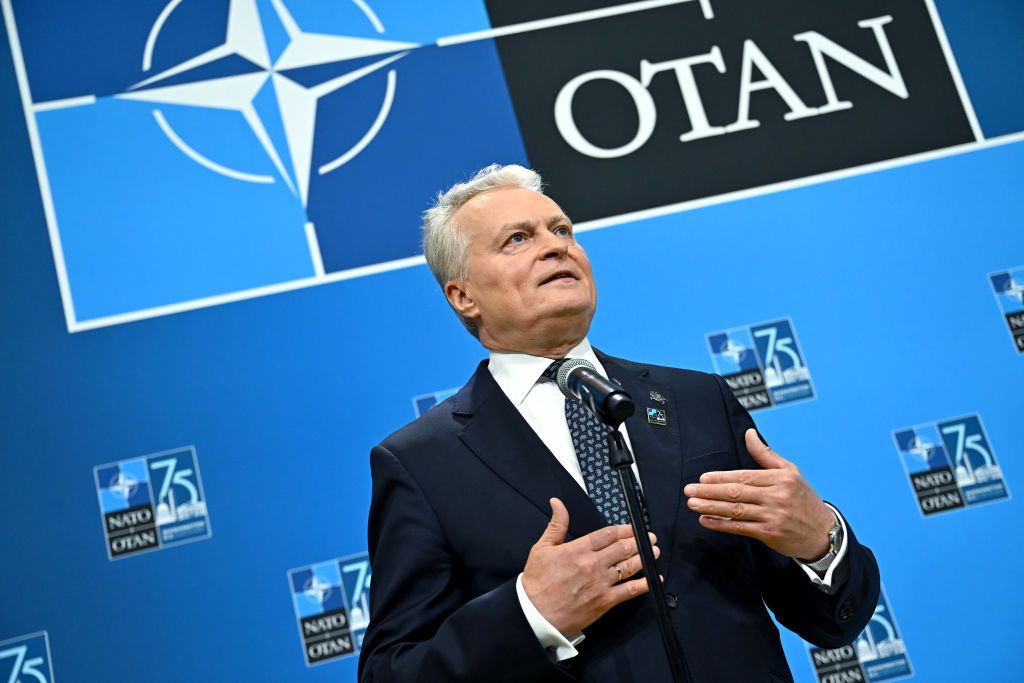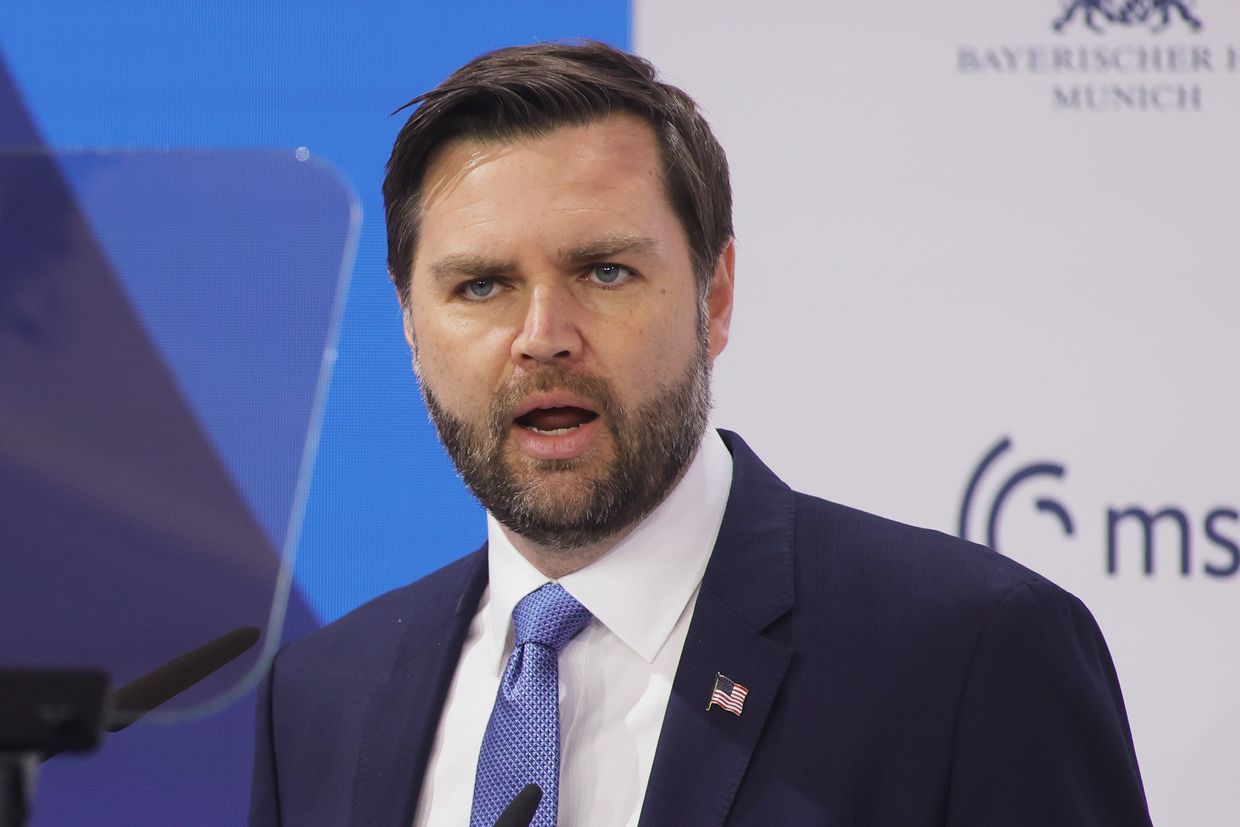Lithuania’s President Gitanas Nauseda emphasized the necessity of Ukraine’s full involvement in peace negotiations and increased defense spending by regional countries to prevent future Russian aggression.
In an interview with the Associated Press, Nauseda warned that a peace settlement without proper deterrents would allow Russia to consolidate its forces and prepare for further military action."You cannot believe that the intentions of Russia will be just to stop and do nothing," he said, stressing that any ceasefire would provide Russia a break to rebuild its military capabilities.
Nauseda also raised concerns about potential Russian targets, including Ukraine and the Baltic countries, should the war reach a ceasefire.
Lithuania, a country with a history of Soviet occupation until 1990, faces ongoing fears of Russian aggression. Its geographical position, bordering Russia’s Kaliningrad exclave and Moscow’s ally Belarus, makes Lithuania vulnerable to further conflict. Nauseda explained that, even after a potential resolution to the war in Ukraine, Lithuania will remain exposed to threats from Russia for the foreseeable future. "You always have the threat from the East, and you must be aware and take all the necessary precautionary measures in order not to be attacked," he cautioned.
Lithuania recently committed to increasing its defense spending to at least 5% of its GDP, following a push from U.S. President Donald Trump. This move contrasts with some NATO countries, which have resisted such a significant economic burden. Nevertheless, Lithuania sees this commitment as essential for its security.
Nauseda echoed this sentiment, noting the need for his country to strengthen its defense capabilities in light of the ongoing conflict. "This is an absolutely clear priority for this country, as a frontline country, that we have to spend more," he asserted.
In the context of the war in Ukraine, Nauseda stressed the importance of including Kyiv in any peace talks. He declared it would be "unacceptable if the peace would be set behind the doors and without the involvement of Ukraine," acknowledging the country's sacrifices in the war. He reiterated that Ukraine "deserves the right to set the conditions of this peace."
As concerns grow about the security of the Baltic region, Lithuania is also focused on the growing threat to its undersea infrastructure. Since October 2023, at least 11 Baltic cables have been damaged, sparking suspicion that the damage may be intentional. The most recent incident occurred when a fiber optic cable connecting Latvia and the Swedish island of Gotland ruptured. In response, NATO launched a mission called "Baltic Sentry" to protect vital underwater infrastructure. Nauseda called for increased maritime capabilities in the region, urging NATO and the EU to take stronger measures to prevent future incidents. "It is time for us to show some muscle," he declared.
Despite some objections within Lithuania regarding the rise in military spending, Nauseda argued that the country must take responsibility for its defense. While Lithuania can rely on NATO allies, the president emphasized that it would be naive to assume others would prioritize the country's security if it failed to demonstrate the ability to protect itself.














